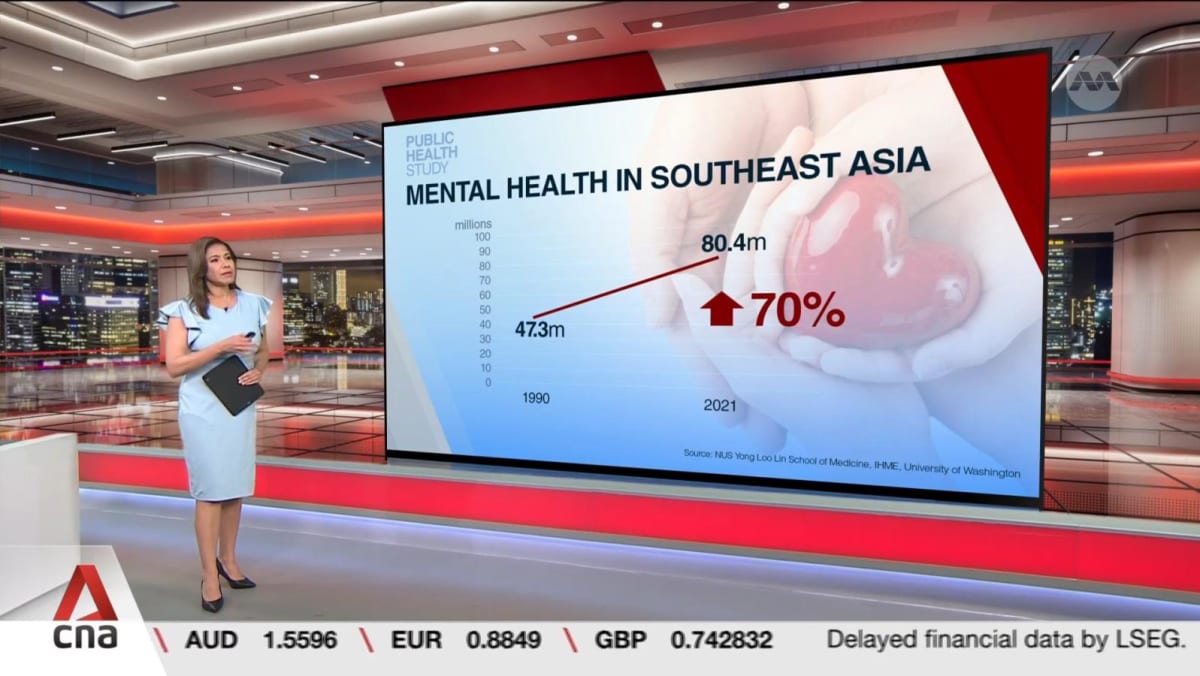Weak Grip? It Could Be a Warning Sign for Your Healthspan - New Study Reveals Link to Longevity

Is Your Grip Strength a Window to Your Future Health?
A groundbreaking new study is raising eyebrows and prompting a re-evaluation of how we assess overall health. Researchers have uncovered a significant link between grip strength and longevity, suggesting that a weaker grip could indicate a higher risk of mortality. The findings, published recently, have sparked considerable interest in the fitness and healthcare communities, particularly regarding the importance of strength training for older adults.
The Study's Key Findings: A Strong Grip, A Longer Life
The study followed a large cohort of individuals over a period of time, meticulously tracking their grip strength and monitoring mortality rates. The results were striking: participants with weaker grip strengths demonstrated a 45% increased risk of dying during the study period compared to those with stronger grips. This isn't just a correlation; researchers believe it's a robust indicator of overall health and a predictor of future mortality.
Why Grip Strength Matters: More Than Just a Handshake
But why does grip strength matter so much? Experts suggest that grip strength is a proxy for overall muscle mass and physical function. As we age, we naturally lose muscle mass (a process known as sarcopenia), which can negatively impact our ability to perform daily tasks, increase our risk of falls, and ultimately shorten our lifespan. A strong grip suggests better overall muscle health and physical resilience.
What Can You Do? Strength Training for a Healthier, Longer Life
The good news is that this isn't a foregone conclusion. The researchers' conclusion is clear: grip strength offers a “robust prediction of time to mortality.” This reinforces the importance of incorporating strength training into our routines, especially as we get older. Simple exercises like squeezing a stress ball, using hand grippers, or even performing everyday tasks with more deliberate effort can help improve grip strength and, potentially, extend your healthspan – the period of your life spent in good health.
Recommendations for Healthcare Providers and Individuals
The study's implications extend beyond individual fitness goals. Healthcare providers are being encouraged to consider grip strength as a routine assessment tool during check-ups, particularly for older patients. A simple grip strength test could provide valuable insights into a patient's overall health status and identify those who might benefit from targeted interventions, such as strength training programs.
For individuals, the message is clear: don't underestimate the power of a strong grip. Prioritizing strength training can contribute to a healthier, more active, and potentially longer life. Start small, be consistent, and consult with a healthcare professional before starting any new exercise program.




![Singapore Goth Rock Fans Heartbroken: [Singer's Name] Cancels 2025 Tour Amidst Health Concerns](https://www.masslive.com/resizer/v2/DC7SDAO2VRB4NAHKLIXS4V7HPU.jpg?auth=519a5c7937d586a1b7a2f0995947251e3cb6f748eca1af2e18846f65f7bc69a7&width=1280&quality=90)

